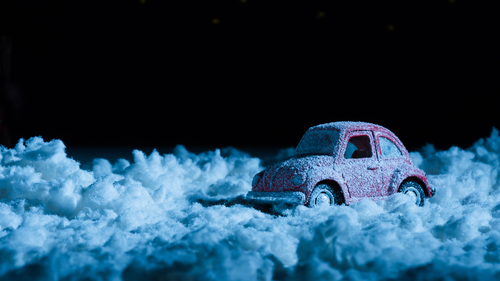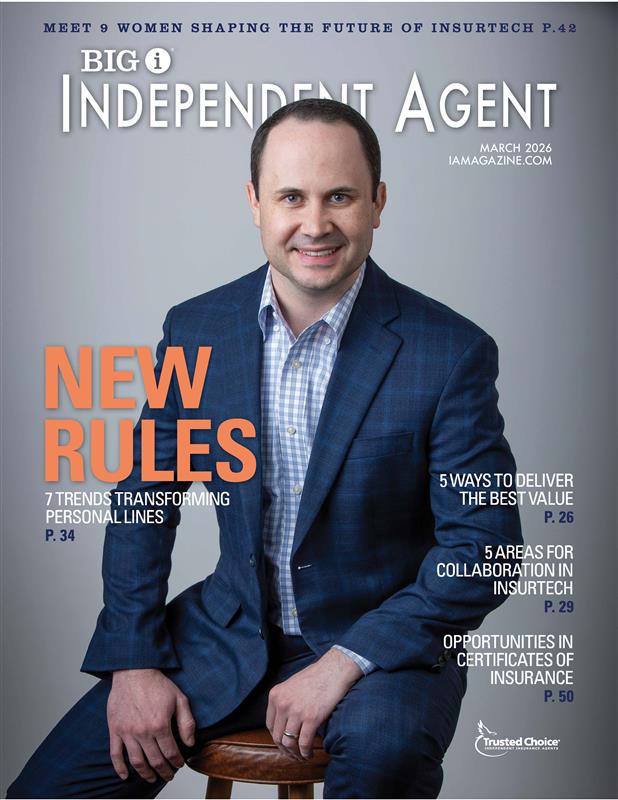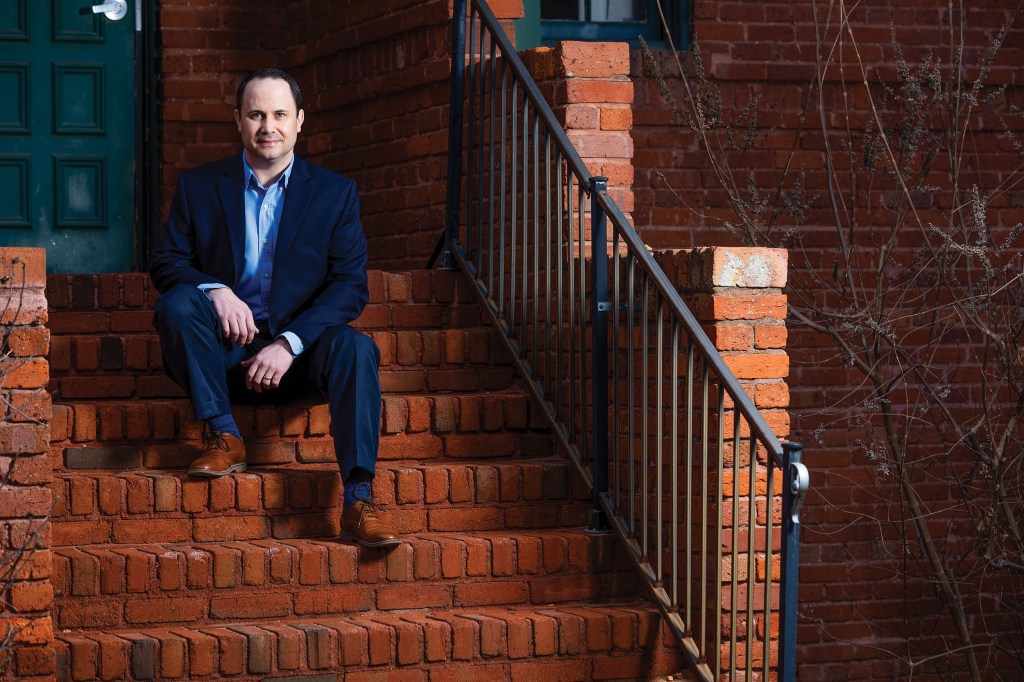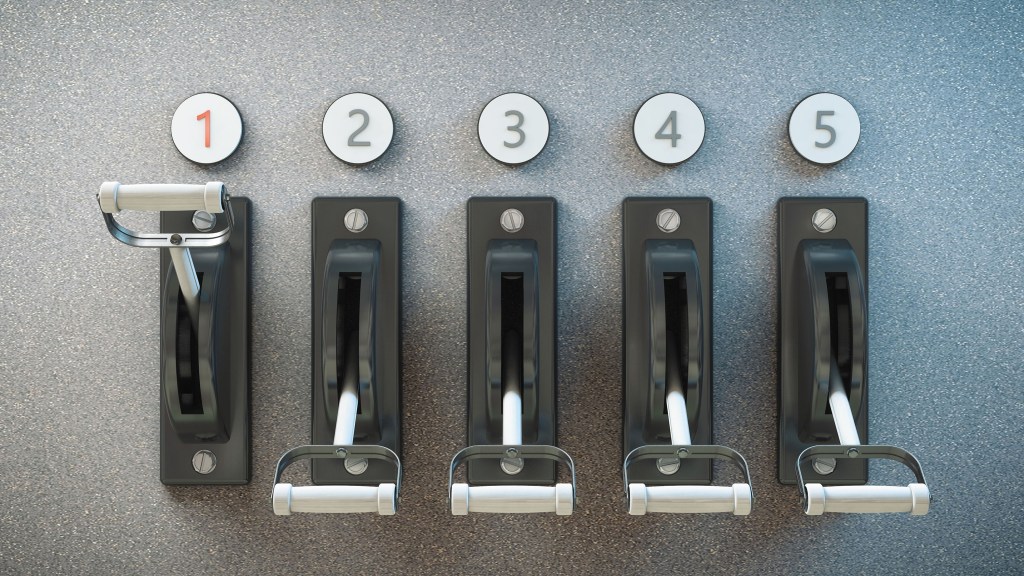3 Ways the Coldest Months Increase Commercial Claims

By: Will Jones
As temperatures plummet during the winter months, Jack Frost looms large for businesses in industries ranging from construction to hospitality.
“During the winter, we definitely see more weather-related claims,” says Toby Grist, national claims advocacy leader, insurance and risk management, Gallagher Insurance, who notes that because of some particularly harsh winters of late, “it seems like weather-related claims are increasing.”
Here are three common ways winter weather increases commercial claims:
1) Property damage. Due to wind, snow and ice, commercial properties are extremely vulnerable to damage.
“It’s things you would expect,” Grist says. “Burst pipes, water leaks and claims that we call ‘ice dam claims,’ which is where ice forms on the edge of a roof and prevents melting snow from clearing as it starts to melt. We see a lot of roof damage because a lot of commercial buildings have flat roofs.”
2) Construction issues. The U.S. construction industry is booming—and the demand for housing in particular means work must be done year-round. That encourages certain risks.
“In the wintertime, you notice more construction defects,” Grist says. “For instance, concrete potentially didn’t cure properly because of the cold weather.”
Additionally, builders risk claims rise during the winter. “If you have a temporary roof or structure, high winds or the weight of ice and snow can certainly knock it down,” Grist points out.
3) Injury-related claims. Snow, ice and standing water mean businesses can be found liable for injuries sustained by their patrons.
“With our hospitality clients, you get slip and falls for ice in the parking lot or driveway if you’re not keeping that slated or cleared,” Grist explains. “And then a lot of it is tracked in, so you need to be sure staff is keeping the floors dry, putting mats down and keeping warning signs up.”
In other industries, particularly where workers are working outside, hazardous weather means “you often get workers comp claims,” Grist says. “Then, because there are so many different parties involved, you could potentially get third-party action over claims as well.”
“The important thing,” Grist adds, “is to just really be attentive to the additional risks that businesses are susceptible to this time of year.”
Will Jones is IA assistant editor.










